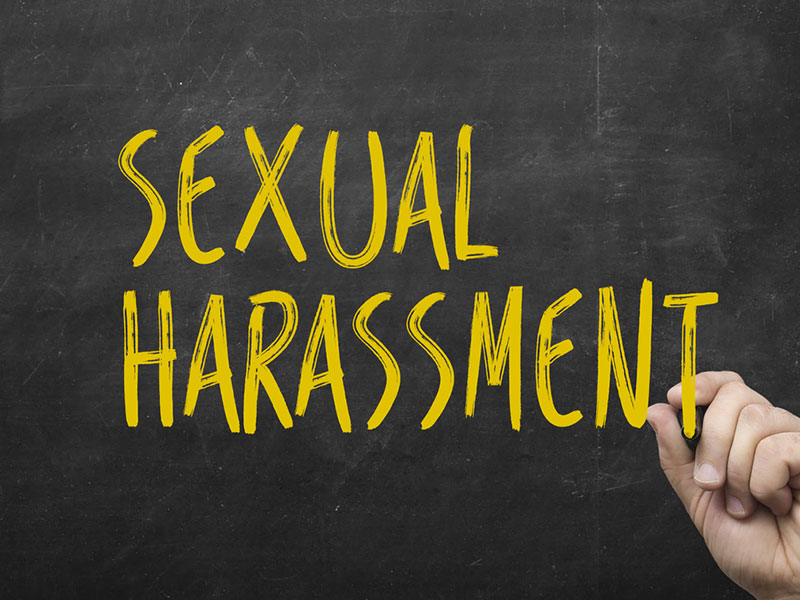Defining Harassment
What is Sexual Harassment

Sexual Harassment
Sexual Harassment can be defined as unwelcome requests for sexual favours, as well as verbal, non-verbal or physical misconduct of a sexual nature, that leads to a hostile or intimidating environment.
Sexual harassment (which includes sexual assault/violence), can be committed by anyone – a stranger, or someone known to the victim (e.g. partner, friend, colleague or even a family member).
It can happen to anyone regardless of age, gender, race, sexual orientation or background. While majority of sexual violence cases is experienced by females, males can also be victims. Sexual harassment does not discriminate.
It is possible to commit sexual harassment even if the person did not intentionally mean to. Whether the behaviour is deemed as offensive depends on the perception of the receiver, not the intention of the sender.
A person being sexually harassed may feel offended, uncomfortable, coerced to do something against one’s wishes and/or is mentally/physically and/or emotionally traumatised by the incident.
Examples of sexual harassment include:
- Sexual assault/violence (e.g. rape)
- Unwanted direct or indirect proposition for sexual activity
- Non-verbal harassment (e.g. unwelcome physical touches, gestures, leering at body parts)
- Verbal harassment (e.g. catcalling, or intrusive, personal/private questions sexual in nature)
- Displaying or discussion of sexually offensive content in common spaces
- Making sexually offensive comments/lewd jokes in private chat settings
- Stalking, persistent or unwanted requests for dates
- Sending or forwarding unwanted sexually explicit content via emails, texts, phone calls or via social media platforms
- Wilful violation of someone’s personal space or property (e.g.: intruding into someone’s room or going through/taking others’ intimate items like underwear without permission)
- Voyeurism, or spying on others (e.g. in the toilet, hostel room, or any space where personal privacy is reasonably expected)
- Taking up-skirt photographs or videos
- Indecent exposure
Many forms of sexual harassment constitute criminal offence. If you have experienced sexual harassment - no matter the extent or under what circumstance - you are a victim, and you are not to be blamed.
Victims of sexual harassment may not always physically struggle due to shock, fear, or emotional/financial dependence on the perpetrator. As long as it is non-consensual, it is sexual harassment.